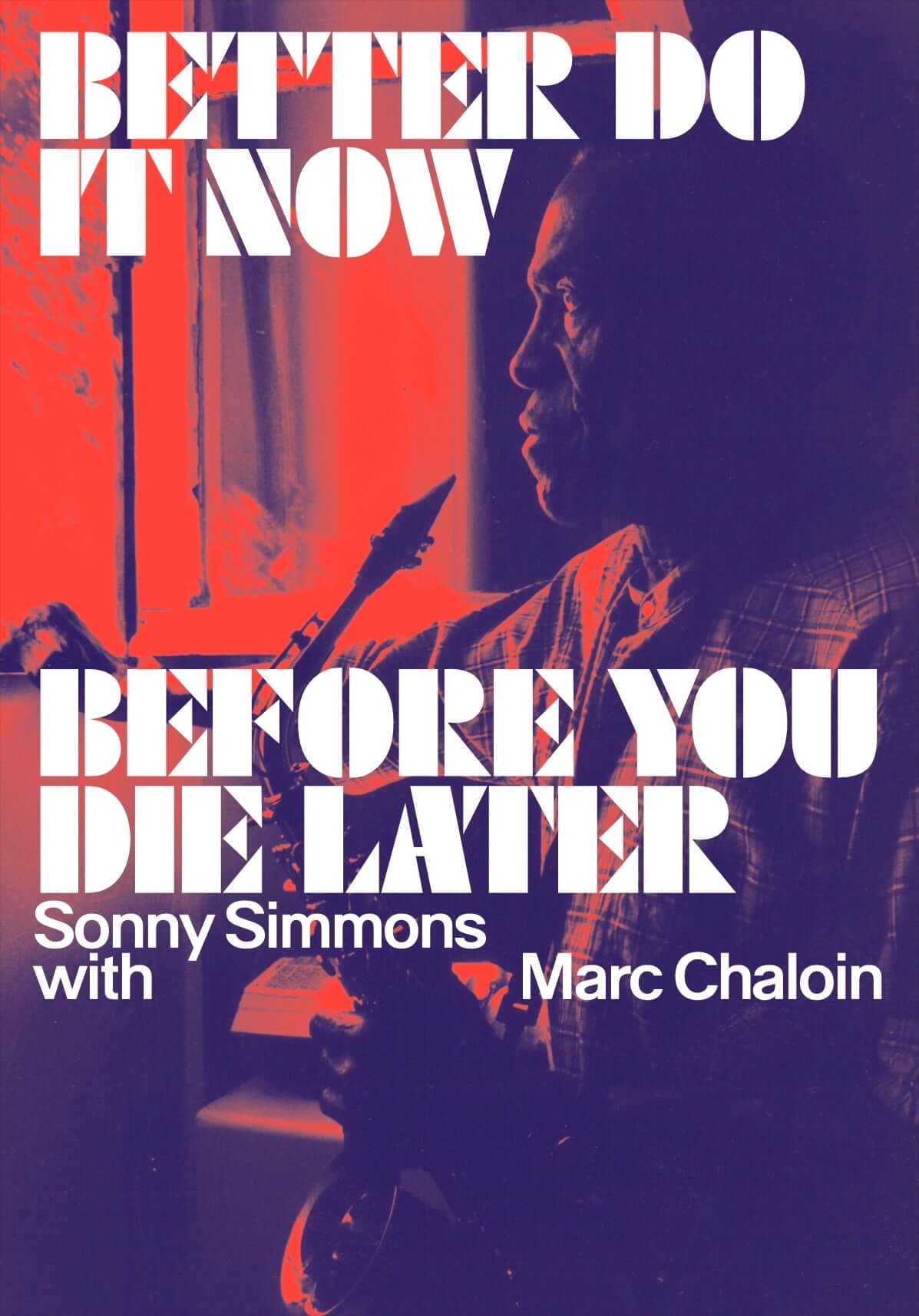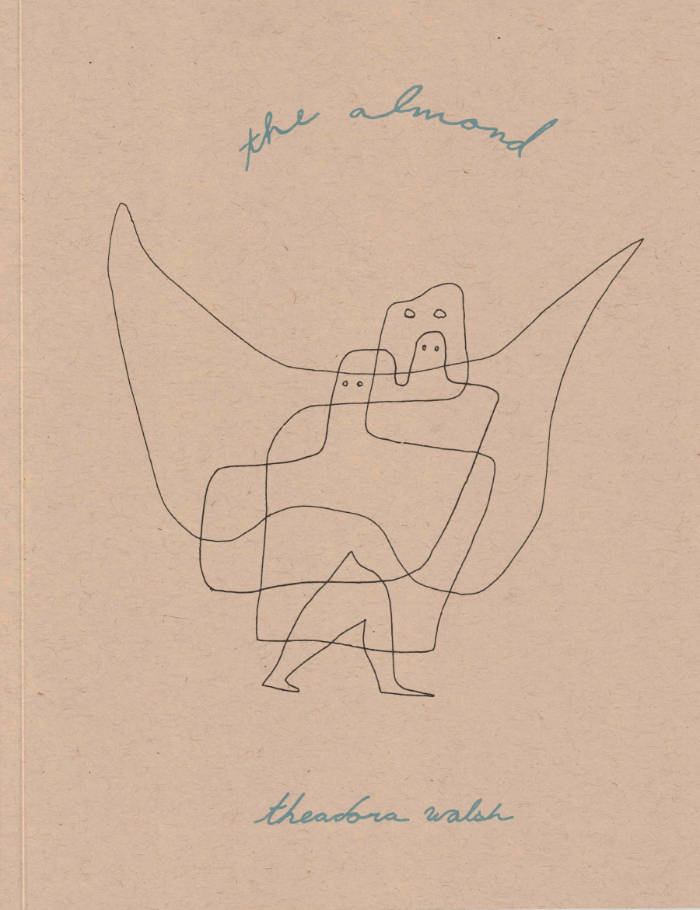
Voice of Hearing
A phenomenology of voice and hearing.
Contemplative, intricate, here the philosopher Vivian Darroch-Lozowski develops a phenomenology of hearing. Where theorizing is a present-tense action. Where a landscape teaches waiting. Where to be in a body is to gesture to another. Where subjectivity is the transformation of language. Where attention releases nascent energy. Where to hear is also to transform. Where myth is a gate. A close attending to this text, which is also a unicorn, will delicately open the reader's time-sense. —Lisa Robertson, author of Cinema of the Present, The Weather, Nilling, and The Baudelaire Fractal.
Vivian Darroch-Lozowski is Professor Emerita of the University of Toronto. Her writings and visual works cover different genres: scholarly, literary, creative non-fiction, artist books, painting/drawing and film. Her books include Notebook of Stone, Antarctica Body, Blue Cloud, Surface of the Living World, and The Uncoded World. Her recent project was returning 160 acres of agricultural land to natural prairie with wetlands. She lives in Moose Jaw, Treaty 4 Territory, Saskatchewan (Canada).
Published Nov 2020
Language: English



